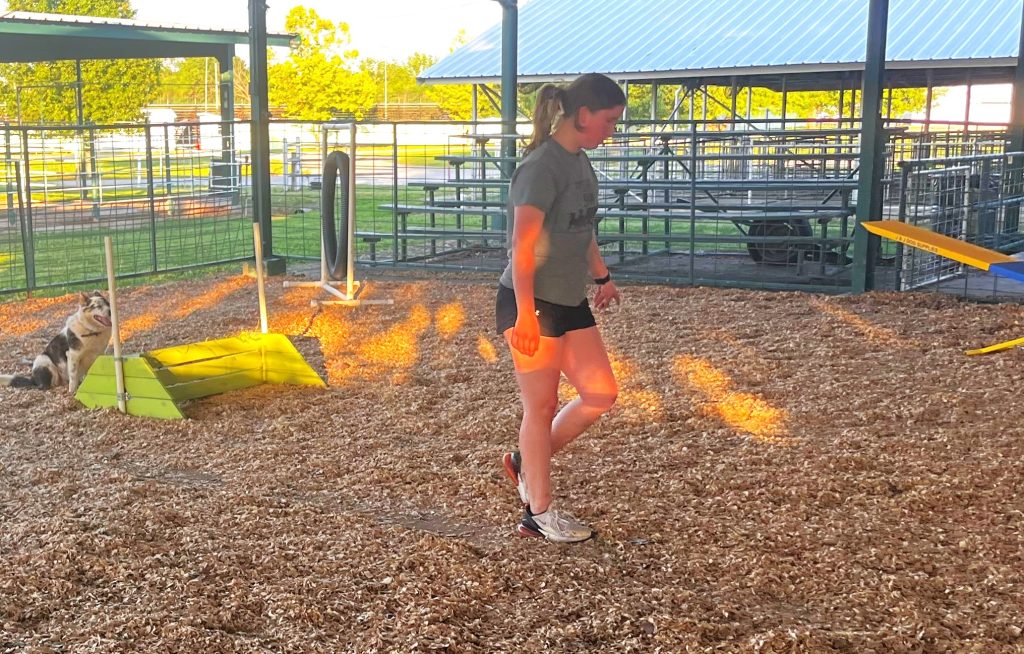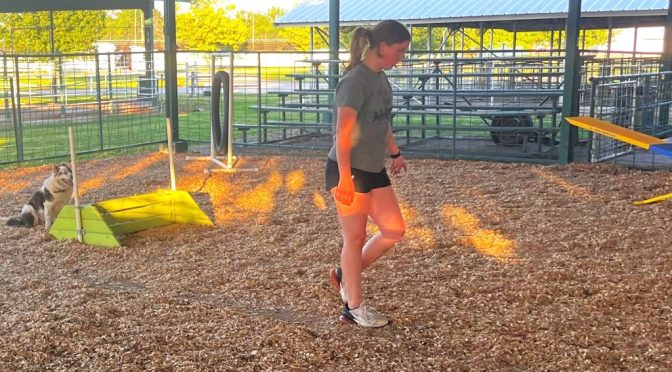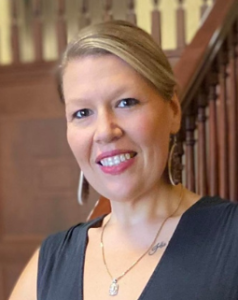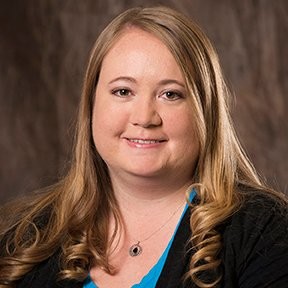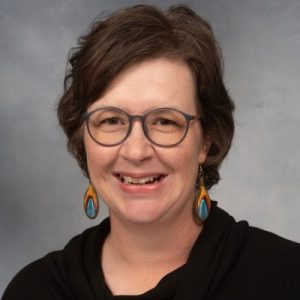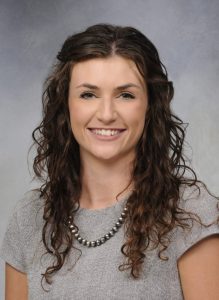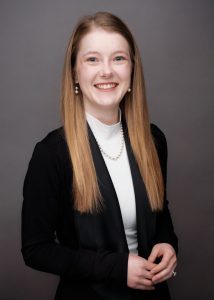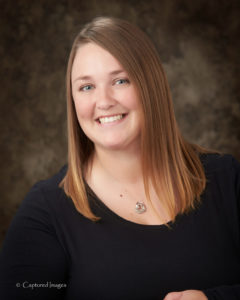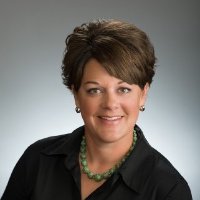
In the last week or so, I’ve seen several posts on social media that the hummingbirds have arrived! Feeding the hummingbirds is one of my favorite activities. If you are an avid feeder or are just thinking about getting started, here is some information to attract more to your home.
Although there are approximately 360 species of hummingbirds between North and South America, 99.99% of all hummingbirds found in our area will be the Ruby-throated. Their furious spring migration starts in April and continues until early May. Once the migration is complete, hummingbirds settle into nesting mode.
Nests are built in June, with the female determining the site location. The Ruby-throated hummingbird nests will be built near the tip of a down-sloping tree branch with a fairly open area below and the canopy above. Popular tree species for nest building include oak, yellow birch, pine and hackberry. Hummingbirds generally prefer deciduous tree species over conifers. The nesting site will be determined based upon availability of nectar sources and insects. The nests are small – no larger than the size of a quarter!
When it comes to food sources, hummingbirds are attracted to the color red. It is like a flashing neon on sign to them. To prove this point, try putting on a red cap or shirt and sit quietly near a feeder. The hummingbirds will definitely check you out! However, hummingbirds do feed on more than just red flowers.
Any flowering plant that has a trumpet-style flower and is in the red/orange sector of the color spectrum will be quite attractive to hummingbirds. In his presentation, Chuck highlighted several plants to include in your landscape to bring in the most birds. The list included: traditional red Salvia, Agastache, Scarlet runner bean, Cardinal flower, Beebalm, Trumpet Creeper (only if you have lots of space), Butterfly Bush, Hollyhock, Rose of Sharon, Cardinal Climber and Canna.
In southeastern Kansas, our feeders need to be up and open for business by the second week of April. Here are several tips for feeder management:
- You CAN’T have too many feeders!
- Don’t fill feeders completely full – clean at each filling
- If hummingbirds are not emptying feeder – change nectar and clean every 2-3 days
- Do not dye the water red – just a small amount of red on the feeder is all you need
- Artificial nectar – 4 parts water, 1 part sugar
One eight ounce feeder will fulfill the daily energy needs of 40 to 60 hummingbirds. By having more feeders available, this will allow the hummingbirds to feed more easily with less stress. Also, it will decrease the likelihood of territorial fighting. If you’ve fed hummingbirds in the past, then I’m sure you know all about the one that seems to be the gatekeeper at the feeder!
In casual conversations, you might hear someone say that they have no hummingbirds over the summer, while others seem to be overrun with hummers. This could be due to “neighborhood feeder saturation.” Basically, this is when the number of feeders within a geographic area exceeds the biological needs of the hummingbirds present which spreads the birds out. Populations of birds can be cyclical – you can have hummers for several summers and then those birds go elsewhere or don’t survive the winter. However, in a year or two, the population will probably cycle back around.
If you have no hummingbird activity by late May or early June, you may just want to take the feeders down until early August. The south bound migration usually starts in late July or early August. Many bird watchers indicate that August and September are actually their best months.
Krista Harding is a K-State Research and Extension Horticulture agent assigned to Southwind District. She may be reached at [email protected] or 620-244-3826
K-State Research and Extension is an equal opportunity provider and employer.
